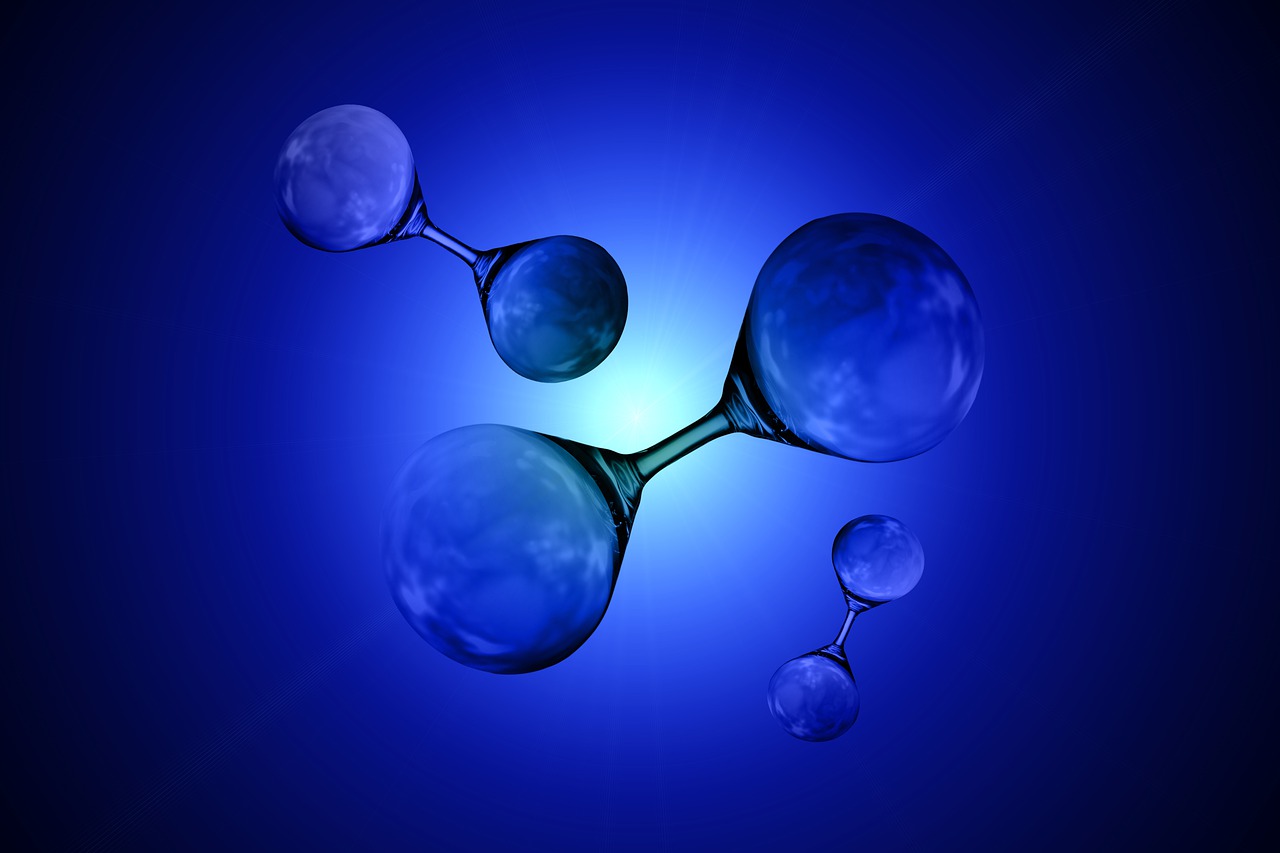United Kingdom – Johnson Matthey (JM) is expanding the production of hydrogen fuel cell components at its site in Royston, UK, by constructing a $80 million gigafactory.
The gigafactory is supported by the UK government through the Automotive Transformation Fund and can initially produce 3GW of proton exchange membrane (PEM) fuel cell components annually for hydrogen vehicles (ATF). The market anticipates that there may be up to three million fuel cell electric vehicles (FCEVs) on the road globally by 2030, while the APC predicts that the UK will need 14GW of fuel cell stack production and 400,000 high pressure carbon fiber tanks annually to meet local vehicle production demands by 2035.
Decarbonizing industries
In the UK, the investment will protect high-skilled manufacturing jobs. By H1, 2024, the site is anticipated to be operational. To meet customer demand and scale up the production of fuel cell components, the new Royston facility will use manufacturing techniques. By utilizing the decommissioned Clean Air production facility, the site’s potential capacity could be almost tripled in the future, allowing it to produce both fuel cell and green hydrogen components.
Road freight contributes to about 9% of the world’s CO2 emissions, and the hardest to reduce transport segments, medium- and heavy-duty trucking, accounts for 62% of those emissions. Hydrogen fuel cell electric vehicles (FCEV) are a popular choice for decarbonizing heavy-duty commercial vehicles and are essential to a net zero future because they offer similar benefits to existing technology, such as fast refueling and long range, but emit no kerbside CO2 or other pollutants.





